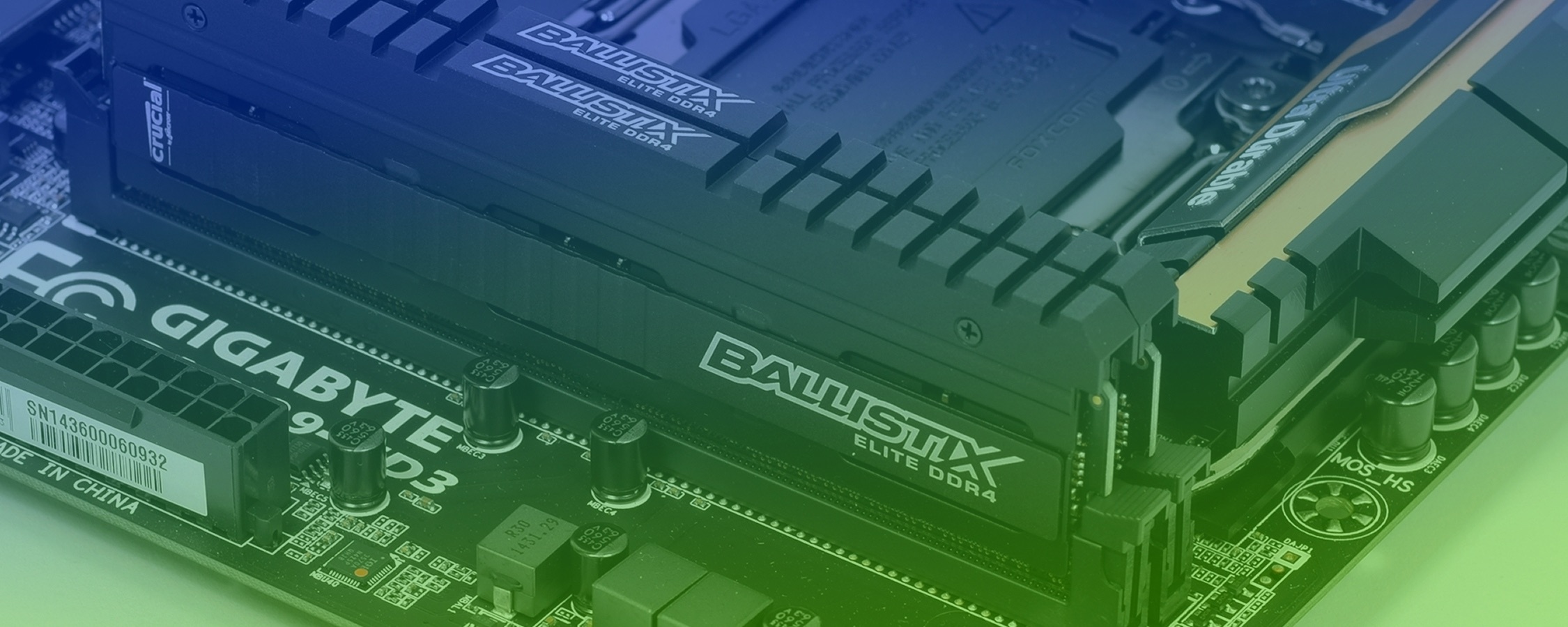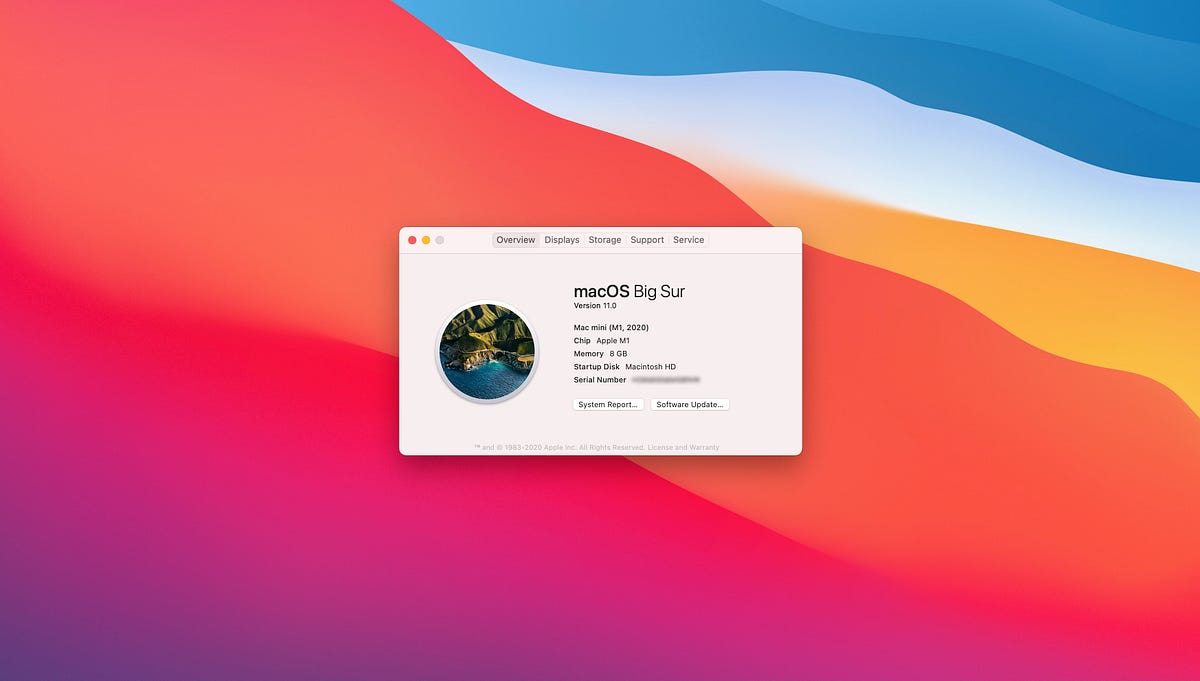

- #DOES 8GB VS 16GB RAM MAKE A BIG DIFFERENCE INSTALL#
- #DOES 8GB VS 16GB RAM MAKE A BIG DIFFERENCE 64 BITS#
- #DOES 8GB VS 16GB RAM MAKE A BIG DIFFERENCE UPGRADE#
#DOES 8GB VS 16GB RAM MAKE A BIG DIFFERENCE 64 BITS#
Thus, modules can process 64 bits of data at any given time, and so dual-channel platforms will read and write to two modules simultaneously (saturating the 128-bit wide bus).īandwidth is the maximum theoretical transfer rate of a communications channel and is measured in megabytes per second (MB/s) or gigabytes per second (GB/s). As a result, the system regards the channel width to be a total of 128-bit width rather than 64-bit.Īs you can see above, the D0-D63 represent the first channel, D64-D127 represent the second channel.

That being said, effectively, the ports on the channel 2 are taken from D64 to D127, thus emulating the next set of 64 ports. If you take a closer look at the image above, you’ll see that both the channels support data bit ports from D00 to D63, that is, 64 ports. This means we’ve doubled the data traces running on the memory bus, and now have an effective 128-bit channel. Now, we have got 2×64-bit channels available to the memory. In the case of Dual Channel Memory, the system makes use of not one but two memory channels. That being said, nowadays, modern systems support multi-channel platforms as well. The architecture for a Single Channel Memory is shown below. Single Channel vs Dual Channel Memory: ArchitectureĪ single stick of RAM operates on a single 64-bit data channel, which means that it can push data down to a single pipe that is 64-bits in total width. Now that you’ve understood how basically a RAM functions, let’s move on to compare Single Channel vs Dual Channel Memory.
#DOES 8GB VS 16GB RAM MAKE A BIG DIFFERENCE INSTALL#
For example, if the Memory Controller states that the max clock rate it supports is 1333 MHz, even if you install a 2400 MHz memory module, the system will be able to utilize the potential of just 1333 Mhz only, thus underclocking the RAM. The Memory Controller is also responsible for defining the memory speeds (or clock rates) for the said memory module. The Data wires will carry the data that is either being read from the memory to the memory controller or being written from the memory controller to the memory. The Control wires are responsible for sending the commands to the memory modules, which contain information about what kind of operation is being performed by the system. Now, these wires are further divided into three groups – Control, Data, and Address. The RAM and the Memory Controller are connected through a series of wires, collectively known as a Memory Bus. The RAM in the system is controlled by a circuit that is referred to as Memory Controller.
#DOES 8GB VS 16GB RAM MAKE A BIG DIFFERENCE UPGRADE#
But how much of an increase does it really bring about? Today, we will be comparing the Single Channel vs Dual Channel Memory modules, to see whether the hype surrounding Dual Channel is real or not, and is the upgrade even worth it? But before we get to that, let us first see how memory in a system actually works. Recent advances in technology have tried to overcome the speed barrier by moving on to dual, triple and even quad-channel techniques to increase the speed, with the most common being dual channel.


 0 kommentar(er)
0 kommentar(er)
